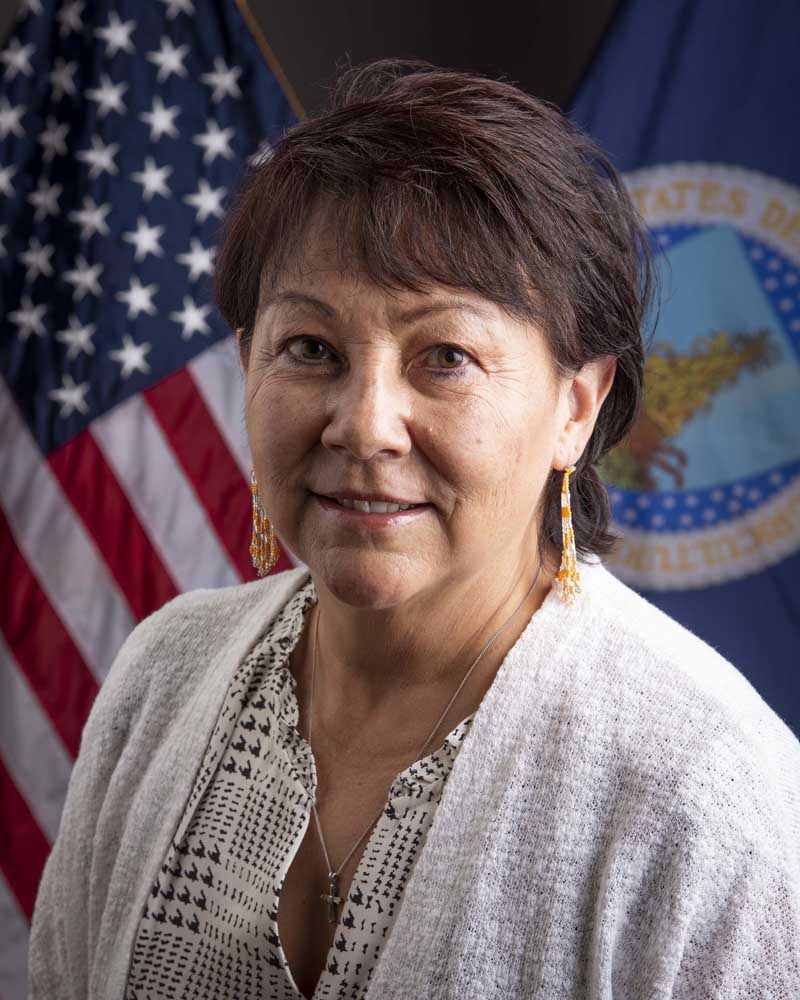Risk Management Agency leader talks crop insurance, farm bill
Published 11:45 am Saturday, December 17, 2022

- Marcia Bunger, administrator of USDA’s Risk Management Agency.
Last November, longtime USDA official Marcia Bunger became the first woman to hold the role of administrator at the Agriculture Department’s Risk Management Agency, which manages federal crop insurance.
Before becoming RMA administrator, Bunger worked for decades in USDA’s Farm Service Agency. She is also an owner and operator of a 2,000-acre family farm.
Dec. 16, Bunger talked with Capital Press about recent and potential changes to crop insurance programs and the outlook for the 2023 Farm Bill.
Insurance programs
RMA has long offered insurance options for row crops, such as corn. The agency, however, has few individual policies for specialty crops. Bunger said this is partly because it has been difficult to get yield and pricing data for many specialty crops.
“There just isn’t the data that we need to have a defined, stand-alone policy for many of them,” she said.
Bunger said although it will take time to collect that data, one of her priorities is to make insurance available for more individual specialty crops in the future with the same coverage levels traditional row crop policies have offered.
In the meantime, RMA offers specialty crop producers other insurance, including the Whole-Farm Revenue Program, which lets farmers insure all commodities on a farm under a single policy.
RMA also rolled out the Micro Farm program, similar to Whole-Farm but with less paperwork, in 2022.
Starting in 2023, the Micro Farm plan, which this year only insured up to $100,000, will be able to approve revenue up to $350,000 in the first year and $400,000 for carry-over policies.
Bunger said her agency may also explore ways to reduce paperwork on other insurance programs in future years, but she said it will be important to strike a balance between simplifying paperwork and making sure the agency collects all necessary information.
2023 Farm Bill
As an appointee, Bunger said she does not see shaping the farm bill as her role.
“It’s probably not our role to go to the Hill and say, ‘Hey, you should do this or that,'” she said.
Her job, she said, is to answer questions and provide technical assistance to members of Congress.
Nevertheless, Bunger has been listening with interest to conversations surrounding potential crop insurance changes in the farm bill.
“I have been hearing a couple of things from farmers and then also from folks on the Hill, that farmers have repeatedly told their congressional people: ‘Don’t touch crop insurance.’ I view that as: ‘…Don’t make reductions.’ That’s my interpretation of that,” she said.
Bunger has also noticed a heightened interest in margin protection policies, which provide coverage against unexpected decreases in operating margin and may factor in input costs. She said legislators are “trying to understand” margin protection in the leadup to deliberations on the farm bill. Although Bunger understands the interest, she said the additional premium a farmer must pay for margin protection is “quite a bit, in my opinion.”
Finally, Bunger said the conversation surrounding disaster payments is heating up. With the significant increase in disaster payments recently paid out — after heat waves, for example — Bunger said there’s uncertainty about whether permanent disaster aid will be part of the farm bill, and if it is, how it will impact crop insurance.
An earlier version of this story stated that “Marcia Bunger became the first woman to lead the department’s Risk Management Agency.” Bunger is the first woman to be administrator of the agency, but she was not the first woman to lead it, as Phyllis Honor was the acting administrator leading RMA in the early 2000s. The story has been updated to reflect this.






